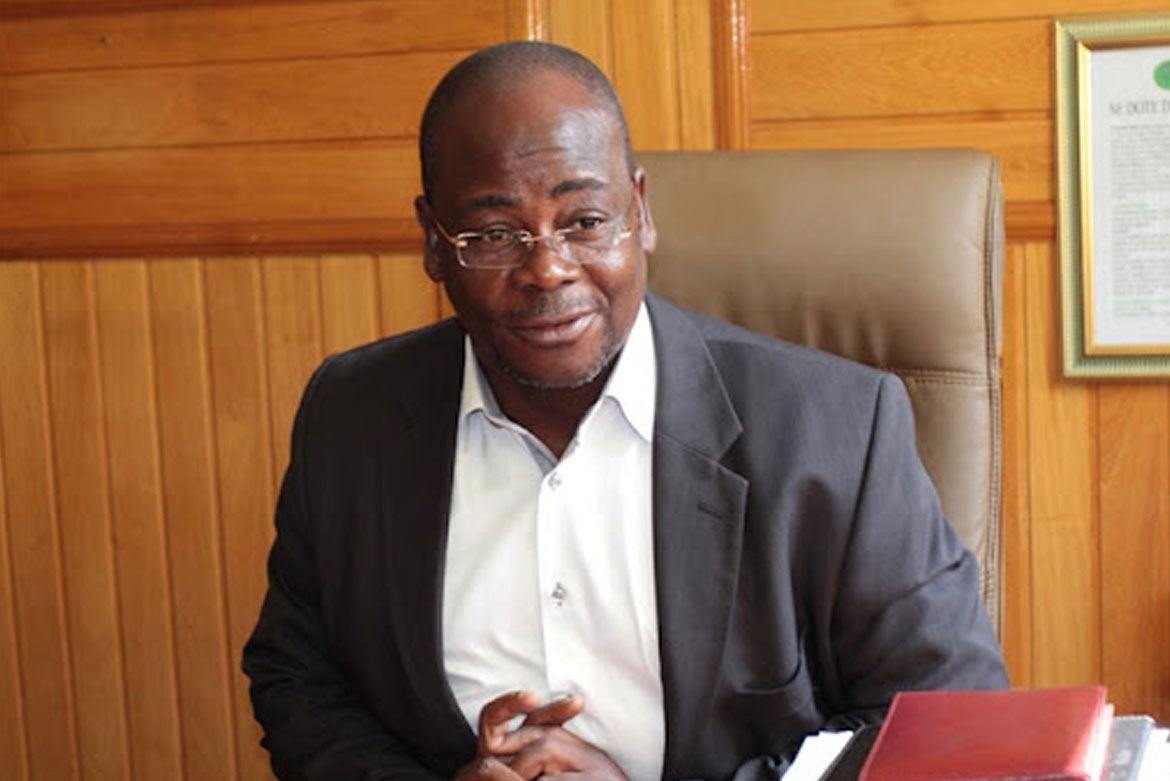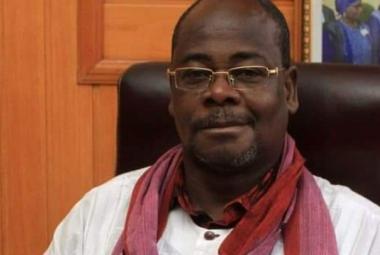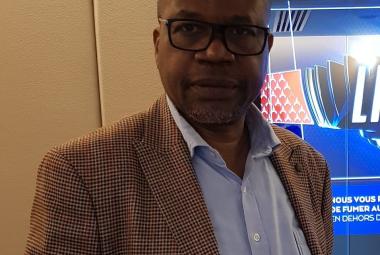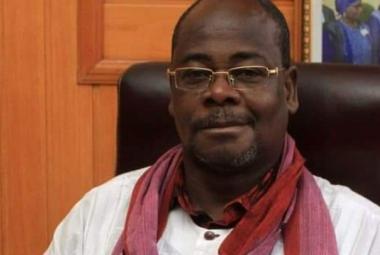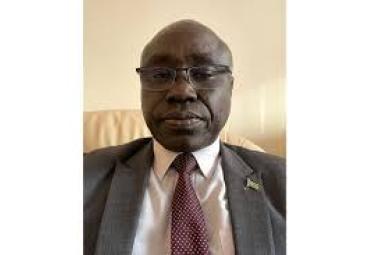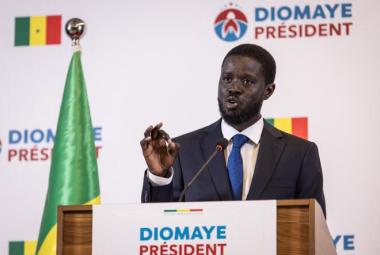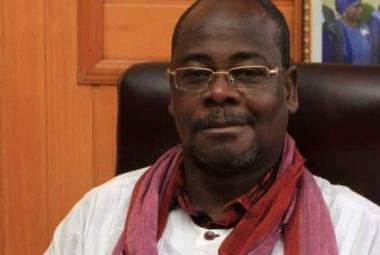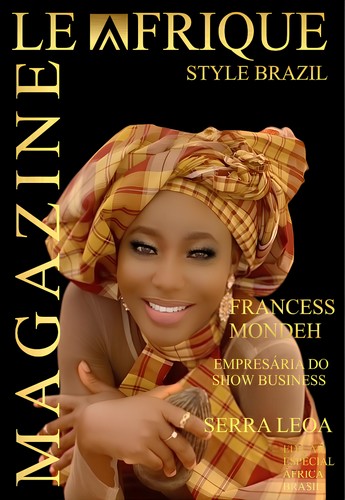In 1963, the African countries which had just acceded to Independence created the Organization of African Unity (OAU), so that Africa could unite to face all the challenges which awaited it, so that it is more audible by speaking with one voice, that it fights together for the total decolonization of the continent and eventually manages to unite. At that time the Organization was headed by a Secretary General. Then, in 2002, it was transformed into the African Union, like, well, the European Union. And it was now run by a Commission, with a President, and an organization exactly modeled on that of… the European Union. The small originality is the existence of a Security and Peace Council, a bit like that of the United Nations.
The problem is that the European Union was first created by six, and it is not enough to be European to be a member. It is first necessary to share a certain number of values with the member countries, and to fulfill a certain number of economic criteria. Thus, even if no one says it out loud, Turkey has little chance of belonging to this Union, because many member countries believe that Turkey's Muslim values are not compatible with those of the States already members which claim themselves, rather of Judeo-Christian values. The African Union has not sorted. One is a member as soon as one is African. And so, the very rich but not very democratic and now slavery Libya rubs shoulders with Black African states but very poor and in the process of democratization or not, or already democratic, countries which hate each other, which are at war , countries ravaged by terrorism, countries which push back nationals of other African countries by releasing them in the middle of the desert, countries which are exclusively Muslim, others which accept all religions, etc. Moreover, these States, very touchy about their sovereignty, are not even able to contribute to build the headquarters of their organization and have asked China to offer it to them; and it is the European Union that finances its budget to the tune of more than 75%. What do neo-pan-Africanists say about this? What results do we expect from this African Union?
Another example of mimicry. In 1990, following economic crises, bad governance, structural adjustment programs imposed by international institutions, African streets were set ablaze and young people demanded the heads of their leaders. Benin was the first to have the idea of organizing a forum called the “Sovereign National Conference”, which was chaired by a Catholic archbishop named Mgr Isidore de Souza. This “Sovereign National Conference” allowed Benin to gently get on the road to democracy. Following him, several other African countries, notably Togo, Congo-Brazzaville, the former Zaire, Gabon, Mali, Chad and Niger also decided to organize "Sovereign National Conferences" chaired, in the cases of Togo, Congo-Brazzaville, and Zaire, by Catholic archbishops. None of these “Sovereign National Conferences” gave the same results as in Benin. Why ? Because this country had drawn from within itself this idea of “Sovereign National Conference”, taking into account its political history, its sociological realities and its various political actors. And the one who had chaired it had been chosen for his own qualities. The other countries did not draw upon themselves, and were content to stick with the Beninese model as it was, going so far as to choose, like Benin, a Catholic prelate to preside over their national conferences, as if it were his quality of Catholic archbishop who had enabled Bishop de Souza to succeed in his mission, and not his own intelligence.
Another mimicry, before the turbulence of the 90s, no French-speaking country in Africa had a Prime Minister. But after the national conferences and when the lull came where there was none, as in Côte d'Ivoire for example, they all appointed prime ministers, with the exception of Benin Republic.
Finally, at the end of apartheid, South Africa set up a Truth and Reconciliation Commission to heal the wounds of the past. Following him, all the African countries that had experienced more or less serious crises also created Truth and Reconciliation Commissions on the same model as that of South Africa. And almost all of them failed. Simply because South African realities are not those of other African countries.
In conclusion, as long as we are content to copy others without looking within ourselves for the solutions to our problems, we will always fail.
By Venance Konan
*This article has been translated from French into English by Marcus Boni Teiga



